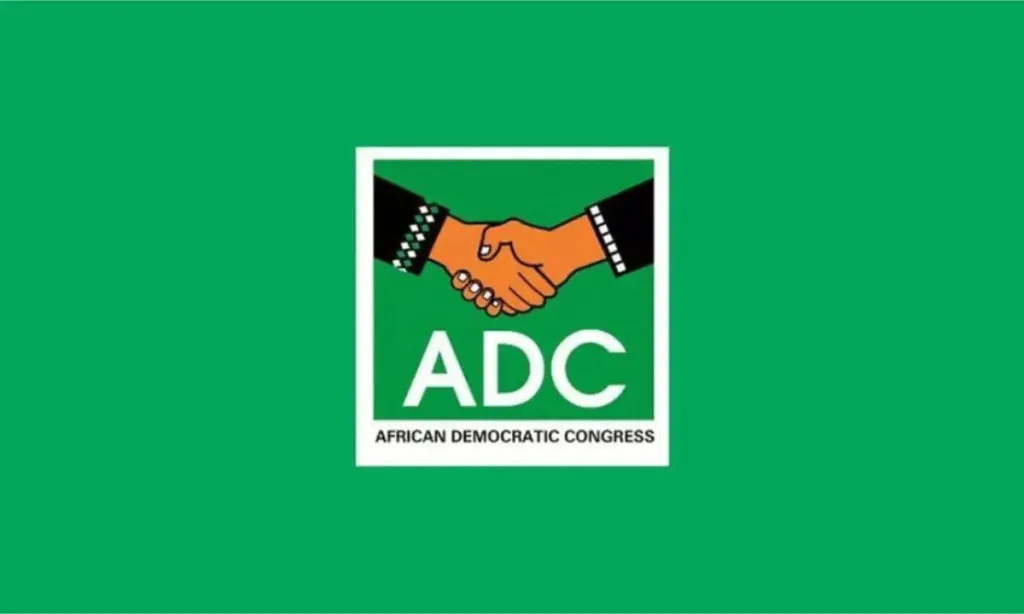The African Democratic Congress (ADC) has demanded the immediate dismantling of campaign structures allegedly launched by Nigeria’s ruling All Progressives Congress (APC) to promote President Bola Tinubu’s re-election bid, branding them as unlawful and premature. In a statement issued by its interim spokesperson, Bolaji Abdullahi, the opposition coalition accused the APC of prioritizing political campaigns over Nigeria’s escalating economic and security crises.
Abdullahi contended that since Tinubu assumed office in May 2023, key economic indicators—including inflation, currency devaluation, and unemployment—have worsened, exacerbating hardships for citizens. He singled out the deteriorating power sector, where frequent grid collapses and rising tariffs have deepened public frustration, as emblematic of the government’s “failure to address urgent national issues.” The ADC’s criticism aligns with broader public discontent over rising living costs and insecurity, particularly deadly attacks by armed groups in rural communities.
The APC has reportedly intensified efforts to rally support for Tinubu’s potential second term, with rallies and billboards promoting his candidacy appearing in major cities like Abuja, Port Harcourt, and Kano. Abdullahi described these activities as “divisive” and a “misuse of state resources,” urging the APC to halt campaigning until legally permitted. Nigeria’s electoral laws prohibit official campaigns until authorized by the Independent National Electoral Commission (INEC), which has yet to announce a timetable for the 2027 polls.
Political analysts note that early campaign maneuvering is not uncommon in Nigeria, though opposition parties argue it distracts from governance. The APC has not publicly responded to the ADC’s allegations. Tinubu’s administration has previously defended its economic reforms, including the removal of fuel subsidies, as necessary measures to stabilize the economy long-term.
As tensions rise, the ADC’s statement underscores deepening partisan divides in a nation grappling with multifaceted challenges. The call to remove campaign infrastructure reflects anxieties over the ruling party’s focus amid growing public demands for solutions to inflation, insecurity, and infrastructure decay. With the next general election three years away, the political landscape remains volatile, poised for further contestation over priorities and accountability.
